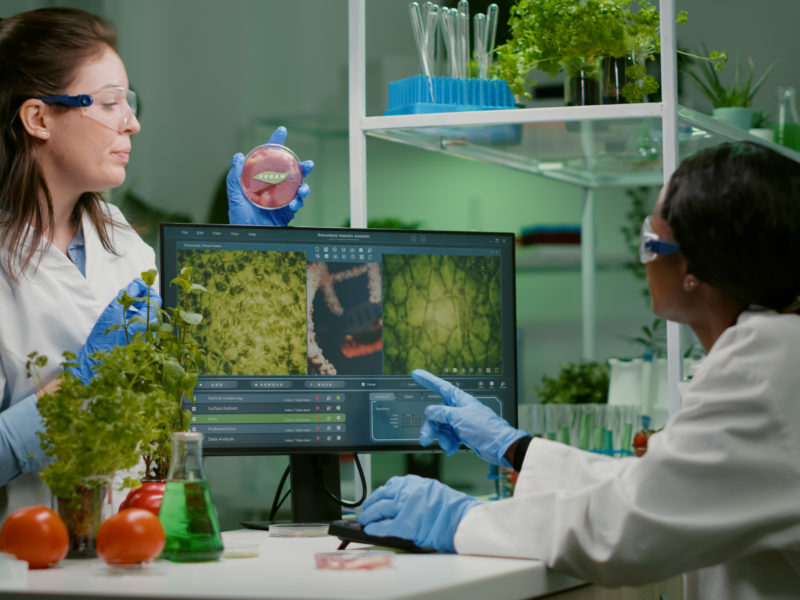Innovation Projects
Project
Construct
Designed to enhance career prospects and housing stability, Construct offers an eight-week paid program with in-class skills training, hands-on experience, and wraparound supports.
Project
Using behavioural insights to increase post-secondary and career services participation
In the context of a rapidly changing world of work, Canadians need access to better and more relevant labour market information (LMI) to make informed decisions while navigating the labour market.
This project, through the execution of a number of randomized control trials, tested how best to inform, empower, and engage Canadians when it comes to making decisions about work.
State of Skills
Unleashing AI into the Skills Development Ecosystem
FSC-supported AI tools have bolstered outcomes in skills matching, career development guidance, and recruitment. The overall effectiveness of these tools was underpinned by recognizing and mitigating the inherent bias and discrimination embedded into these technologies.
Project
Future-Proofing the Food and Beverage Processing Workforce
This program offered online courses that covered technical and social-emotional skills for different groups of workers. It also provided support and resources to employers and participants.
Project
Synergy: Workforce Development for Vulnerable Women to Succeed
The project aimed to advance gender equity in the Canadian labour market and address the unique challenges women and equity-deserving groups face in accessing gainful employment.
Project
Artificial intelligence and the future of work: What do we know so far?
This research project aimed to better understand the impacts of AI on workers’ jobs and their psychological health. In particular, this research project – by looking at the prevailing academic literature – sought to examine the following: how are AI technologies transforming the nature of work; and in what way are these technological changes affecting employee psychological health, engagement and performance.
Project
NARE: National Accessibility Resources for Employers
COVID-19 created an uncertain landscape that required new knowledge and tools for employers to enable them to support employment of people living with disabilities.
Project
Early childhood education training lab
Even before the increased demand brought on by the Canada-wide Early Learning and Child Care agreements, early childhood educators (ECEs) were increasingly being called on to obtain more skills and credentials, without a parallel increase in wages, benefits, or improvements in working conditions. If wages and working conditions do not improve, there is concern that there will not be enough qualified ECEs to implement the national program.
Project
Emerging Agricultural Technologies and the Future of Food: Exploring Potential
Cellular agriculture is a suite of technologies to grow proteins indoors, with minimal or no use of live animals. Products have the potential to be local, reliable dairy and meat alternatives with low environmental footprints and can be produced in industrial, urban and rural spaces. This project engaged people working in agriculture and food sectors, NGOs, technology developers, entrepreneurs, social science and natural science researchers, educators, and students to explore the viability of a regional cellular agriculture industry in the Lower Mainland of British Columbia.










